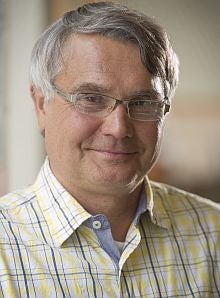Professor Dale Martin receives grant to explore new therapeutic targets in ALS research
Professor Dale Martin's research lab is a recipient of a $125,000 ALS Canada-Brain Canada 2023 Discovery Grant. This grant program, dedicated to advancing amyotrophic lateral sclerosis (ALS) research, encourages out-of-the-box ideas in the field.
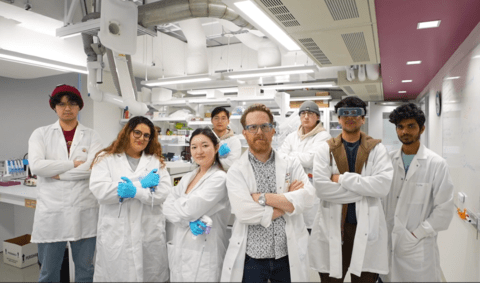
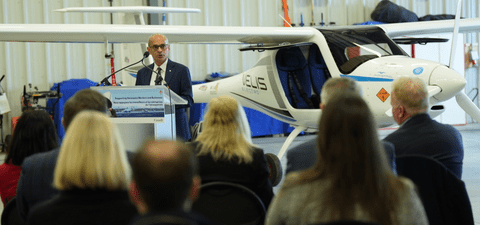
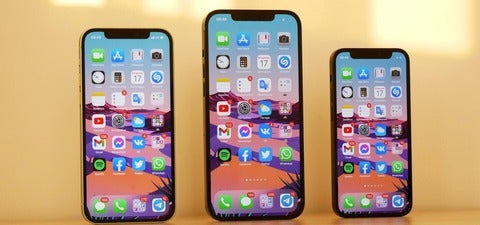
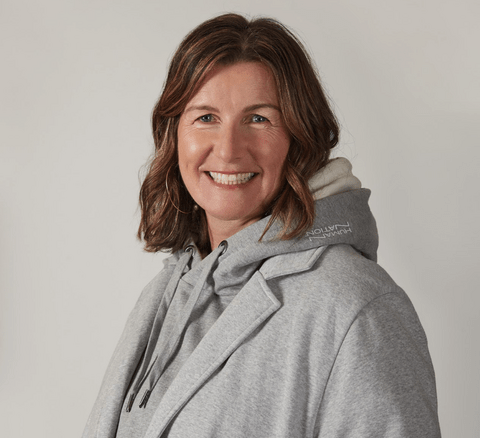

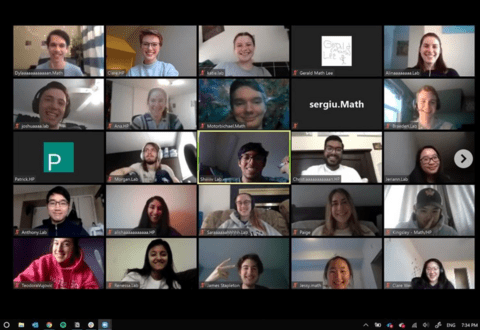
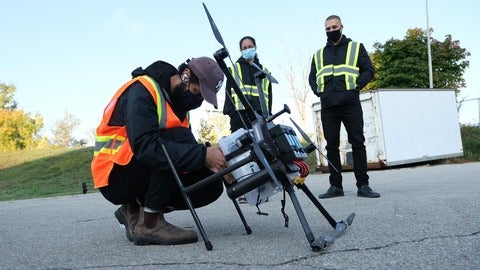
 Professor
Professor 